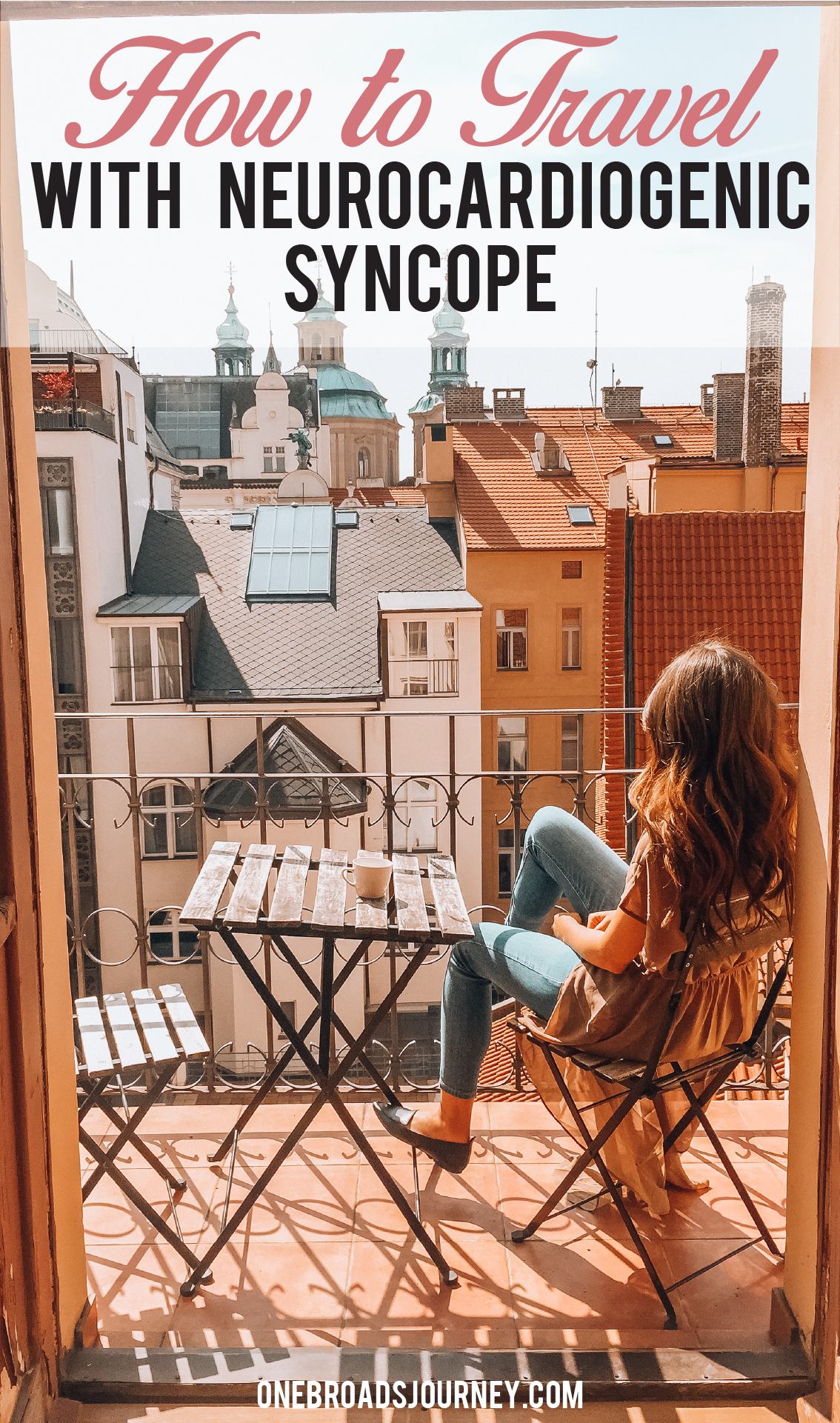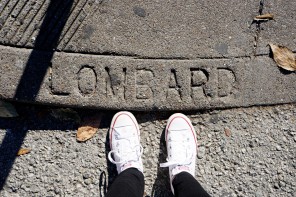When I was in third grade I passed out in class. I raised my hand to say I didn’t feel well, my teacher walked over and kneeled down next to me and before I could say a word, I dropped into his lap, just like that. My classmates referred to me as Juliet, like Romeo and Juliet for weeks. Yea kids are mean. I would have never guessed that Neurocardiogenic Syncope would be a part of my life.
Fast forward to high school and I’ve passed out a number of times, in malls, at school, at home, but nothing crazy or close together enough to be worried. It wasn’t until the summer of my junior year of college that I knew something was really off. I was passing out once every couple weeks and a few that lasted much longer than any had before. I was exhausted, nauseous, and dizzy all the time and when I did pass out, I was useless for almost 24hours after.
I’d moved to the beach that summer and while it was a blast, I couldn’t ignore my blackouts any longer. The last month of my summer was driving back and forth from the beach to home to doctors appointments, which of course I thought were useless, seeing as every doctor since I was little had no answers. Long story short this young hot doctor (Dr. Avery from Greys Anatomy hot) performed the most necessary but worst test of my life (the Tilt Table Test) and finally diagnosed me with Neurocardiogenic Syncope. NCS simply put, is a sudden drop in heart rate and blood pressure, where not enough blood makes it to your brain causing fainting. It was a relief for someone to finally give me a reason for my fainting spells but I also knew it meant a big life change.
As an avid go-getter and traveler, I knew I needed control over this in order to live the life I wanted. I knew there were some things, like hot yoga that I would never be able to do but it would not hold me back or my travels. Over the years I’ve learned what’s worked best for me to stay healthy and faint free while traveling and I hope they work for you as well!
Not All Food Is Created Equal
While in Italy I drank an espresso shot, much MUCH stronger than my typical American coffee. It gave me heart palpitations and raced my heart to such a crazy level that I immediately got dizzy and passed out. Just remember to think about what you’re putting in your body, especially when it affects your heart rate.
Pack Salty Snacks or just Salt
When I found out I needed almost twice as much salt daily than most people with NCS, I’m not going to lie I was pumped. Haha, I LOVE SALT. With NCS doctors recommend at least 5g of salt a day because an increase in salt causes our blood vessels to constrict and expand blood volume allowing our bodies to maintain a healthy blood pressure and help blood circulation. Healthy blood pressure brings oxygen to the brain tissue preventing syncope. I carry small packets of salt with me and in an emergency, I’ll pour some on my tongue and move on with my day.
Flights
During long flights try and get up and walk every little while to keep blood flowing to your brain. I also wear these compression socks to keep good blood flow.
Know Your Body
Most importantly, pay attention. You know your body best and while tips from others are helpful, you need to discover what works best for you and what keeps you feeling your most healthy and faint free. It’s okay to take rest breaks, to stop and take a break from the heat and stay hydrated. Hell, it’s even okay to stop in the middle of a street and pour salt in your mouth if it keeps you feeling good during the day! Never feel guilty for needed a minute to keep yourself 100%.
Not sure if you have NCS? Let me ask you this. Have you ever had the dream where you’re falling? That bizarre sensation like at some point you have to hit the ground right? NCS fainting starts with a gray out, a light headed feeling, darkness fading in from all sides of your eyesight, the start of that falling dream feeling. Then even after you lay down your body wants to keep falling but can’t, sometimes you can hear everything around you and you feel groggy and exhausted for the rest of the day. This may be an NCS episode.
I’m not by any means giving medical advice, just tips from personal experience. I’m 27 years old, I travel at least once a month and I’ve only had one episode in the last two years. Be sure to ask your doctor if you think you may have neurocardiogenic syncope, it’s important to know early on. Hope this helps and enjoy your travels!




